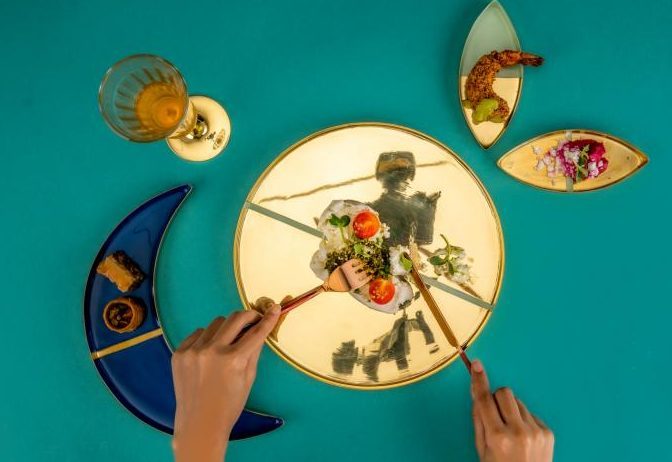Forever 21
21. È un numero dispari. È un numero composto da 4 divisori: 1, 3, 7, 21. Poiché la somma dei divisori (escluso il numero stesso) è 11 < 21, è un numero difettivo. È un numero semiprimo. È il sesto numero triangolare. È l’ottavo numero della successione di Fibonacci. È un numero idoneo. È la quantità minima di quadrati tutti di dimensione diversa inscrivibili in un quadrato. È un numero ottagonale. È un termine della successione di Mian-Chowla. È un numero fortunato. È un numero di Harshad nel sistema numerico decimale, cioè è divisibile per la somma delle sue cifre. Un numero è divisibile per 21 quando è multiplo di 3 e 7. È la sommatoria di 1+2+3+4+5+6=21. È parte delle terne pitagoriche. È un numero palindromo nel sistema numerico binario. È un numero intero privo di quadrati. È un numero congruente. È un termine della successione di Padovan.
È anche il significato in hindi del termine Ikkis, nome del progetto curato da MC Didero della designer indiana Gunjan Gupta che porta al Fuorisalone. La collezione, costituita da oggetti di uso quotidiano eleganti e finemente realizzati, trova spazio nella creazione in miniatura di un tipico supermarket indiano, espediente rappresentativo di una auspicata democratizzazione del design. In un angolo della Casa del Diavolo, potremo immergerci in un’atmosfera squisitamente indiana, fatta di musiche e sapori speziati, colori cangianti e profumi orientali; la sensazione sarà quella di ritrovarsi tra le strade di un paese, l’India, in continuo mutamento, aperto al mondo ma saldo nelle sue radici. Una capsule collection è dedicata a Milano e ai colori di Ettore Sottsass.
Forever 21
21. It is an odd number. It is a number consisting of 4 divisors: 1, 3, 7, 21. Since the sum of the divisors (excluding the number itself) is 11 < 21, it is a defective number. It is a semi-primitive number. It is the sixth triangular number. It is the eighth number in the Fibonacci sequence. It is a suitable number. It is the minimum number of squares of different sizes that can be inscribed in a square. It is an octagonal number. It is a term in the Mian-Chowla succession. It is a lucky number. It is a Harshad number in the decimal number system, meaning it is divisible by the sum of its digits. A number is divisible by 21 when it is a multiple of 3 and 7. It is the sum of 1+2+3+4+5+6=21. It is part of the Pythagorean triplets. It is a palindrome number in the binary number system. It is an integer with no squares. It is a congruent number. It is a term in the Padovan succession.
It’s also the meaning in Hindi term Ikkis, the name of the project curated by MC Didero of the Indian designer Gunjan Gupta that he brings to the Fuorisalone. The collection, made up of elegant and finely crafted everyday objects, finds its place in the miniature creation of a typical Indian supermarket, an expedient representative of a hoped-for democratisation of design. In a corner of the House of the Devil, we can immerse ourselves in an exquisitely Indian atmosphere, made up of music and spicy flavours, iridescent colours and oriental fragrances; the sensation will be that of finding ourselves in the streets of a country, India, in constant change, open to the world but firm in its roots. A capsule collection is dedicated to Milan and the colours of Ettore Sottsass.
Scritto da Emma Bartolini




